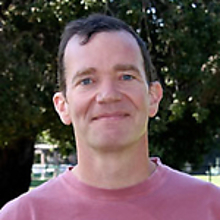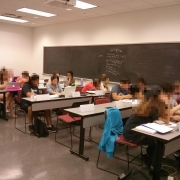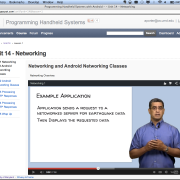Help Fund CS Education For Tomorrow
Over the last 40 years, the University of Maryland’s Computer Science department has helped thousands of students make a difference – to themselves and to their families, to their companies and organizations, to the state economy, and to the nation.
To continue and expand on this legacy over the next 40 years, the department must continue to improve its educational delivery, and must continue to prepare all of its students for the rapidly changing world that awaits them - a world which increasingly requires not only deep technical knowledge, but also a global perspective, and broad problem solving and collaboration skills.
 To help spur the innovation needed to meet this goal, UMD Professor Emeritus Bill Pugh issued a challenge to the department. Raise $500K over the next five years to improve CS education, he told us, and he would match it, dollar for dollar.
To help spur the innovation needed to meet this goal, UMD Professor Emeritus Bill Pugh issued a challenge to the department. Raise $500K over the next five years to improve CS education, he told us, and he would match it, dollar for dollar.
Accepting the challenge, the CS department has designed and instituted a new program, aimed at spurring educational innovation, entitled: CS Education for Tomorrow.
This program will radically transform the educational practices in use in our department. It will allow us to teach more students, teach a broader range of backgrounds, do so at lower cost, and provide even greater levels of deep, personalized and effective learning.
Organizing themes for this program include:
- Flipped Classroom: Move rote information delivery out of the classroom and into online delivery platforms. Free up class time for deeper discussion, hands-on exploration and collaboration.
- Advanced Technology: Develop and use new technology to help faculty and students better manage, execute and analyze hands-on, in-classroom activities.
- Mastery/Competency-Based Learning: Restructure some introductory courses so that students can study more at their own pace, moving on to advanced concepts only after they’ve mastered prerequisite concepts.
- Data-Driven Evaluation and Iterative Improvement: Collect, analyze and respond to detailed data about our current educational performance.
Fall 2013 Pilot Projects
Mastery/Competency-Based Learning (Dr. Ben Bederson)
The Flipped Classroom (Dr. Adam Porter)
Learn more about the course here: http://www.cs.umd.edu/class/fall2013/cmsc436.

